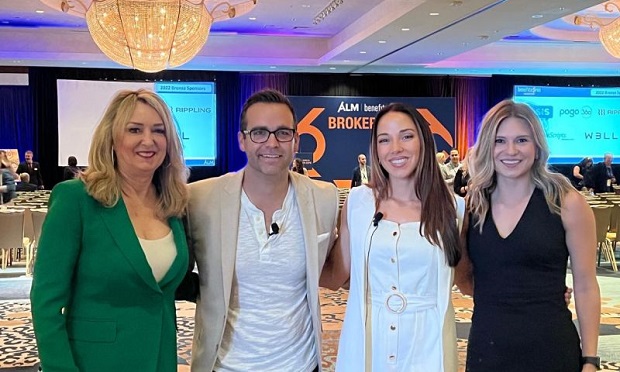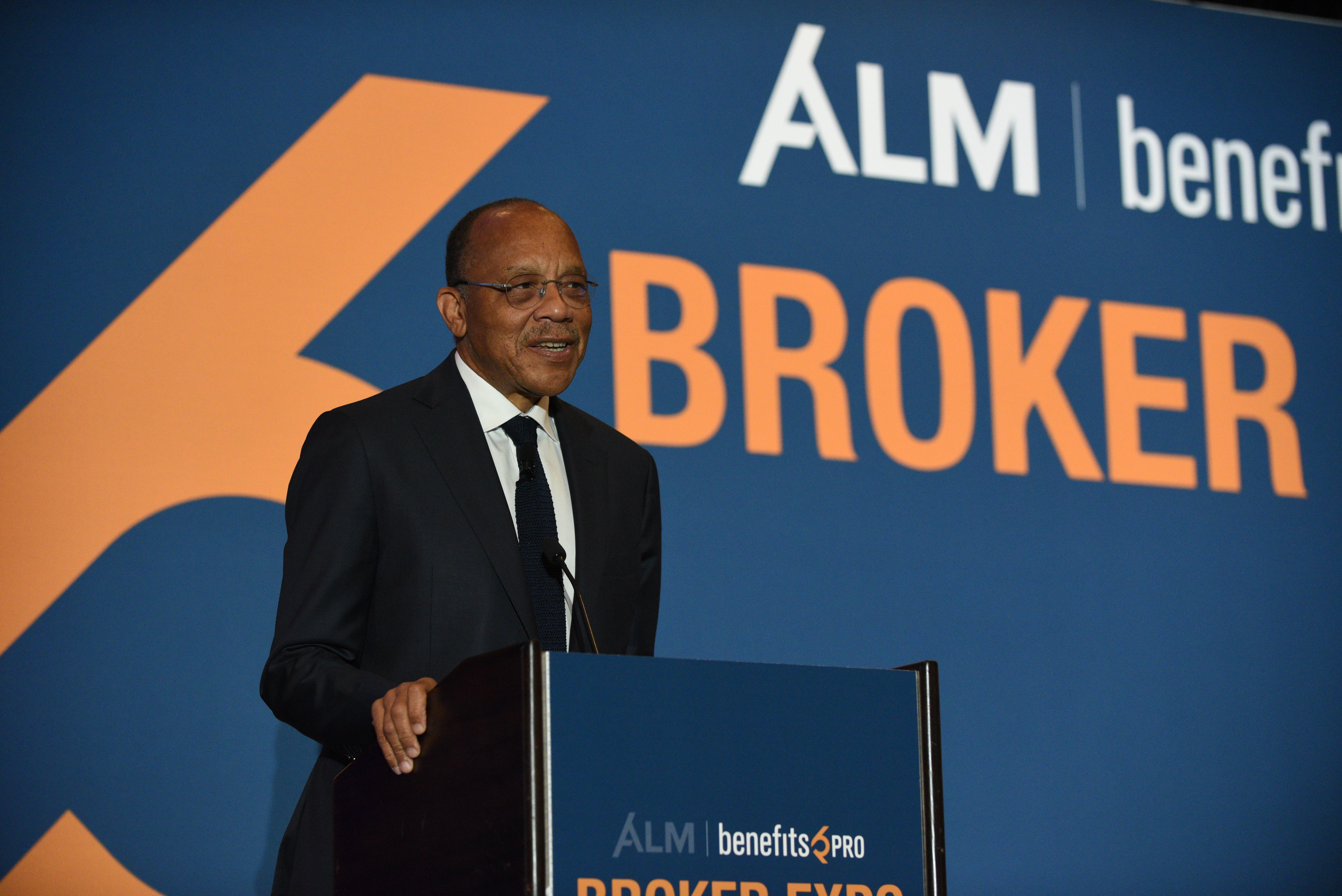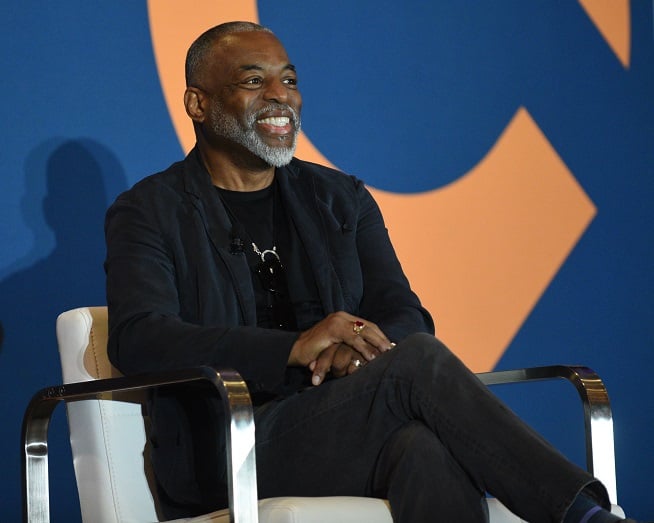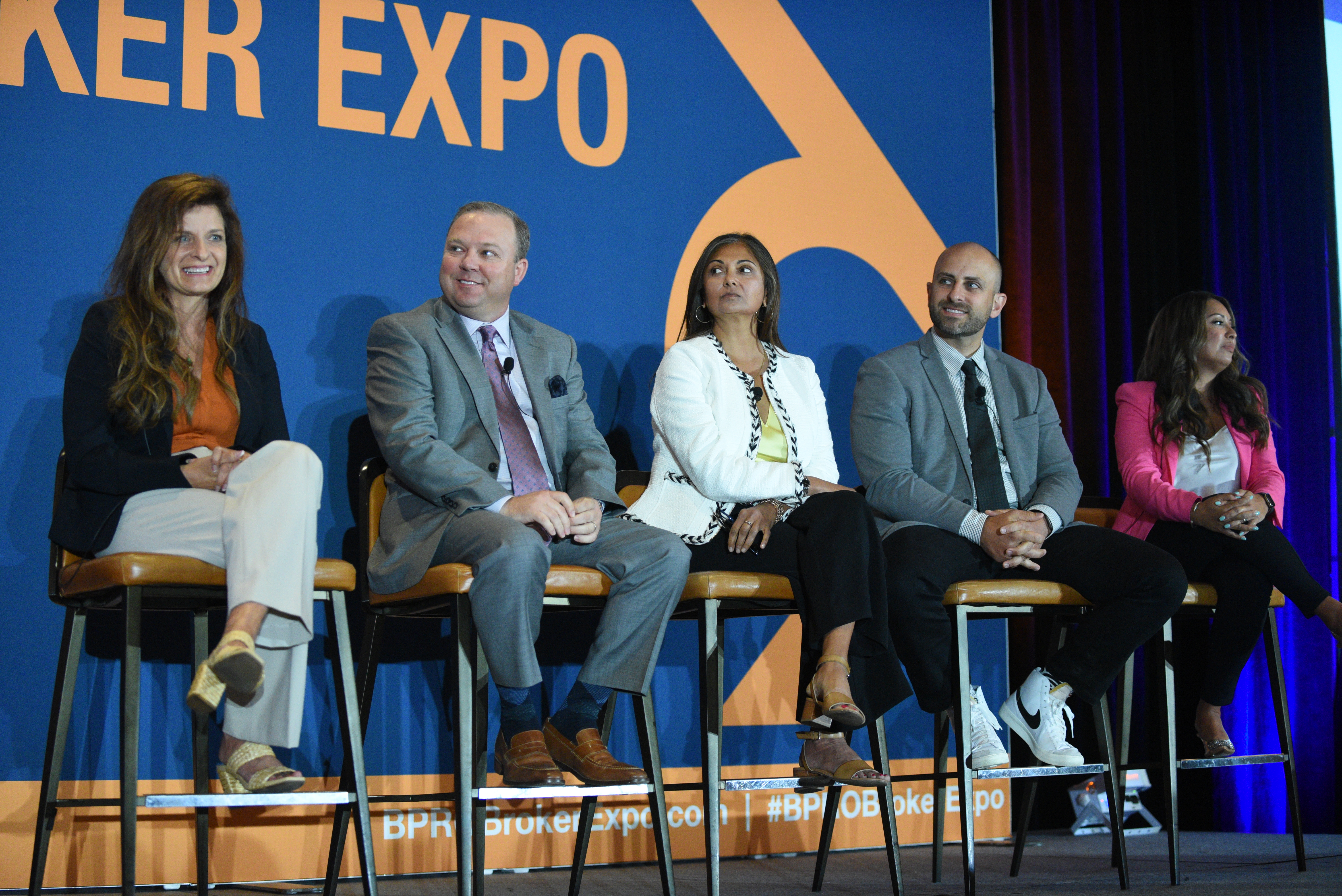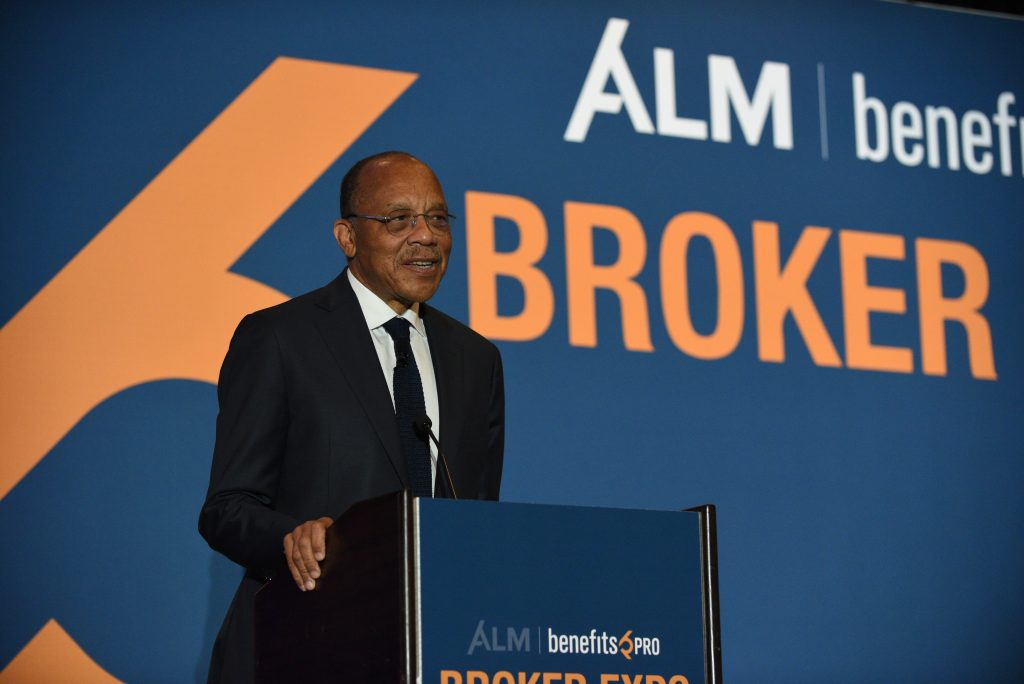 Washington Post columnist and Pulitzer Prize winner Eugene Robinson. (Photo: Torrey Schenewerk, GCS Photography Inc)
Washington Post columnist and Pulitzer Prize winner Eugene Robinson. (Photo: Torrey Schenewerk, GCS Photography Inc)
The world is a grim place these days. Even as Washington Post columnist and Pulitzer Prize winner Eugene Robinson took the stage at the BenefitsPRO Broker Expo in Austin, across the state, 19 children and two teachers were killed in an elementary school shooting. As we watch the news, stories like this, coupled with a war in Ukraine, economic uncertainty and an increasingly hostile political discourse, create a picture of despair.
"It's hard not to look around and wonder, are we going forward or are we going backward?" Robinson posited to the crowd. "It's hard for me as a Black American not to feel a combination of optimism at times and at others, feelings of anger and despair."
Recommended For You
But during his keynote, Robinson reminded attendees of the progress we've made as a country."For every advance, it seems like we also retreat. But we do make progress over time."
From the Orangeburg Massacre to George Floyd's death
Memorial Day will mark the two-year anniversary of the death of George Floyd at the hands of Minneapolis police officer Derek Chauvin. "George Floyd's death created an uproar that spread across the country and galvanized a movement for racial justice and launched a national conversation on racial equity that was long overdue," Robinson said.
To put it into perspective, Eugene recalled his own upbringing as a Black kid growing up in the 1950s and 1960s in South Carolina, when schools were still segregated and Jim Crow laws were alive and well. But the civil rights movement was underway, and Black Americans across the country were taking a stand.
"In 1968, when I was in high school there was an incident in our town that has been remembered as the Orangeburg Massacre," Robinson told attendees. A group of students was protesting outside of a whites-only bowling alley. "This demonstration grew and grew and went overnight and into a second day and second night … That evening when the demonstration swelled once again, suddenly there was gunfire."
State troopers had fired into the crowd, killing three and injuring 28.
"We are not where we need to be as a country on the issue of race," Robinson said. "But we're not where we used to be either. Those state troopers that fired into the crowd never were charged with a crime, never stood trial, never were punished. Derek Chauvin, by contrast, was found guilty of murder."
Adding to this perspective, Robinson noted that he never thought he would live to see the election of the first African American president. "That's what was unforgettable to me. That was the moment that allowed me to think, wow, look at where we've come. How very far we've come."
But even that moment was marred, sparking the birther conspiracy and the Tea Party on the right. "I do fear that the next few years are going to be bumpy," Robinson said. "Race is going to still be an undercurrent in our politics as it has been in the last several elections. But I also believe that if we're lucky–and we are a pretty lucky country–we will look back 10 years, 20 years from now and we'll say, 'Wow, this was a time when we did make some progress, when we got better as a nation.' We did get past the Civil War. We did get past the tumult of the civil rights movement. And we will get past this too."
A political perspective
After exploring how we got to where we are as a country, Robinson sat down with BenefitsPRO Editor in Chief Paul Wilson for a Q&A, offering his perspective on what we can expect to see in the upcoming midterm elections and beyond.
On midterm elections: "My rule for politics in this country right now is that there are always surprises. The impossible happens regularly in our politics right now. That said, only once in the past 50 years has the party of a new president gained seats in that president's first midterm. That president always loses seats."
On Trump and the 2024 race: "We'll hear a lot of commentary about how Trump is losing his grip on the Republican party. I wouldn't trust those stories yet. He's still by far the most popular figure in the Republican party. Will he run? I'm not convinced that Trump is going to run or Biden, and if they don't run, it's the wild west out there for both parties."
On filtering out the noise in the media: "One thing that I think a lot about is the information/disinformation issue that is really fundamentally important to our democracy. To have a democracy, you need to have a common encyclopedia of facts. You don't have to agree on what it means and what to do about it, but we have to be closer to being on the same page about what actually happened. It used to be that we in the media were the gatekeepers. We had our standards, procedures and ethics about vetting facts, what was news. But with social media, a cable network for whatever your political bent may be, you can go through entire days, months, years of having only your view of the world reinforced. That's not as healthy as having a more intentionally even-handed presentation of the facts of the news. We're having to adjust to this new landscape of information and disinformation."
On restoring integrity in news media: "People ingest information from so many different directions and some of it is deliberately misleading, some of it for profit. There are social media business models based on publishing the most salacious, crazy (and often false) accusations. It has been proven that that stuff goes viral in a way that the boring truth doesn't. Social media is able to do this in a way that the Washington Post can't. We can get sued, so we have to police that kind of thing. Social media platforms are exempt from policing what's on their sites. If the laws were changed to make Facebook responsible for what's on Facebook, I think they'd probably figure some way to do it. I think there would be a lot more urgency to that search for solutions and more success if they had as much skin in the game as we do."



